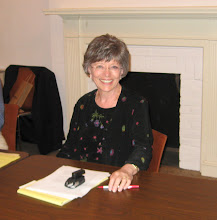Though Facebook’s mission is “giving people the power to share and make the world more open and connected,” the underlying power of Facebook is its ability to disconnect people. Some people are giving up opportunities to hang out with real people in order to distract themselves by staying connected through Facebook. Facebook is like TV. If you stand outside someone’s home and watch the light coming out, you’ll notice that it flickers. TV flickers to make us constantly look at it. Facebook is the same way in that you can constantly check status updates right as they pop up. And you can play games without the benefit of human contact for days. I find it worrisome and wonder if what I am seeing in terms of my students’ increasingly crude, rude, and disrespectful behaviors are not a part of this kind of disconnection from the self correction that comes with having to interact civilly with others.
I like Facebook for having connected me to some nice folks from my past. But I don’t understand the need to know what someone is eating for breakfast via his or her Facebook status or Twitter update. People are creating substance out of nothing – simulacra in Baudrillard’s parlance (as much as I am not a fan of postmodernism).
With Twitter, Facebook, Second Life, video games and e-mail, our life is saturated by virtual friendships at the expense of real relationships, although there are times when I prefer emailing some folks to talking with them on the phone.
Author and educator, Michael Bugeja has been heavily involved in researching and studying how people have fallen into an “interpersonal divide,” which is “the void that develops when we spend too much time in virtual rather than real communities, neglecting our primary relationships and with that, our sense of self,” according to Bugeja’s Web site, www.interpersonal-divide.org.
Friday, January 29, 2010
Subscribe to:
Post Comments (Atom)

No comments:
Post a Comment